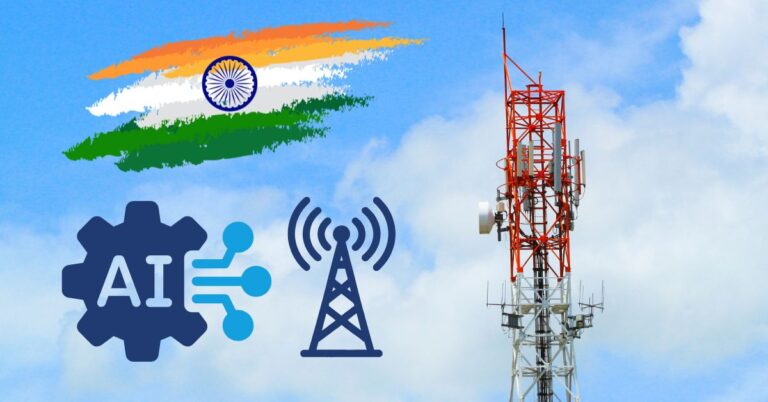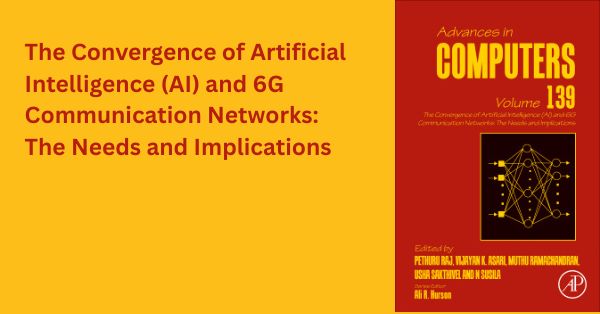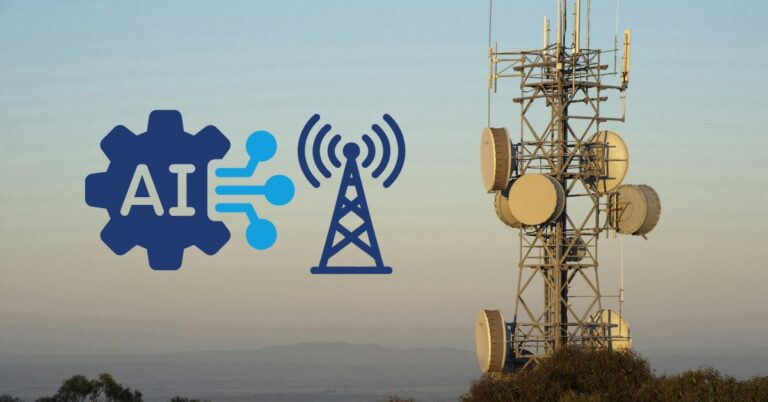India, recognized as one of the world’s fastest-growing economies, has significantly leveraged digital technologies to fuel its economic growth. This remarkable achievement, despite various challenges, can be attributed to the country’s digitalization. As India stands on the brink of a 5G revolution, expectations are soaring about the transformative impact it would have on multiple sectors, resulting in rapid growth and innumerable employment opportunities. Yet, this new era necessitates a skilled workforce equipped with advanced technological competencies. In essence, to survive and thrive in the 5G era, individuals must pursue upskilling, a critical element in securing a competitive edge.
A recent report by Team Lease, a notable staffing solutions and recruitment firm, titled “India’s 5G rollout: Revolutionising the People Supply Chain“, emphasizes the significance of acquiring futuristic skills. The report suggests an ambitious target of developing a highly skilled workforce of at least 8 million by the end of 2025 to exploit the potential of the 5G rollout fully.
The report provides several intriguing insights.
It highlights that 80% of the 247 companies surveyed believe IT and finance sectors will be the principal beneficiaries of 5G technology. Therefore, these sectors are expected to experience tremendous growth and innovation opportunities. The BFSI sector, education, gaming, retail, and e-commerce, too, would be heavily impacted by the 5G revolution, as predicted by 60%, 48%, 48%, and 46% of respondents, respectively.
While industries are gearing up for transformative growth, the telecom sector is grappling with a demand-supply gap of 28%. This imbalance underscores the urgent need for companies to initiate multiple upskilling and reskilling programs.
Surprisingly, a considerable majority of employees (88%) expressed a keen interest in upskilling, while 11.2% exhibited a preference for reskilling to seize emerging job market opportunities.
In the realm of 5G, the most sought-after skills and role requirements are cloud infrastructure engineering (71% of respondents), cybersecurity (69%), and data science (62%). Recognizing the immense potential of 5G technology, 74.6% of the respondents are already upskilling their employees to handle 5G applications. Meanwhile, 20.6% indicated their intentions to introduce in-house training programs soon. Only 2% revealed no plans to upskill their workforce, hinting at the overarching trend of upskilling in response to the 5G wave.
Anticipating the impact of 5G on job creation, 46% of participants estimate that job creation will range from 61% to 80% within the first year of 5G’s implementation. 41% of respondents expect the impact to be more than 80% over the next three years of the rollout. Even more impressive is the prediction of 50% of respondents who envision an impact ranging from 80% to 100% within the next five years.
Kartik Narayan, CEO of Staffing at Team Lease Services, offered his perspective on the survey’s findings. He said, “The advent of 5G heralds a transformative era in the world of work, unlocking a wealth of opportunities for India’s tech talent pool. With substantial investments, such as the PLI scheme allocating Rs 12,000 crore to the telecom sector, with approximately 25% dedicated to creating new jobs, we are poised for a positive outlook on job creation and upskilling. This gives us the confidence to harness the potential of 5G, creating unprecedented job opportunities, driving innovation, and shaping a transformative future.”
He also emphasized the surge in demand for specific tech roles. He noted, “The impending 5G rollout is expected to lead to an 80% increase in tech-related jobs. Telecommunications companies embracing 5G solutions present a promising growth opportunity. As telcos leverage the potential of 5G in network upgradation, migration, IoT/IIoT, mobility, network infrastructure and network security, we anticipate increased hiring for specialized roles. This advancement creates new opportunities and drives demand for roles such as tech technical content writers, networking engineers, AI/ML professionals, UX designers, cloud computing engineers, cybersecurity specialists, data science and analytical experts, and more.”
In conclusion, the onset of the 5G era in India signifies a transformative phase, boosting economic growth, opening up novel job opportunities, and emphasizing the importance of upskilling. To fully harness the potential of this digital revolution, both individuals and industries must adapt to and embrace these technological advancements, developing the necessary skills to meet the growing demand in the rapidly evolving job sector.










































